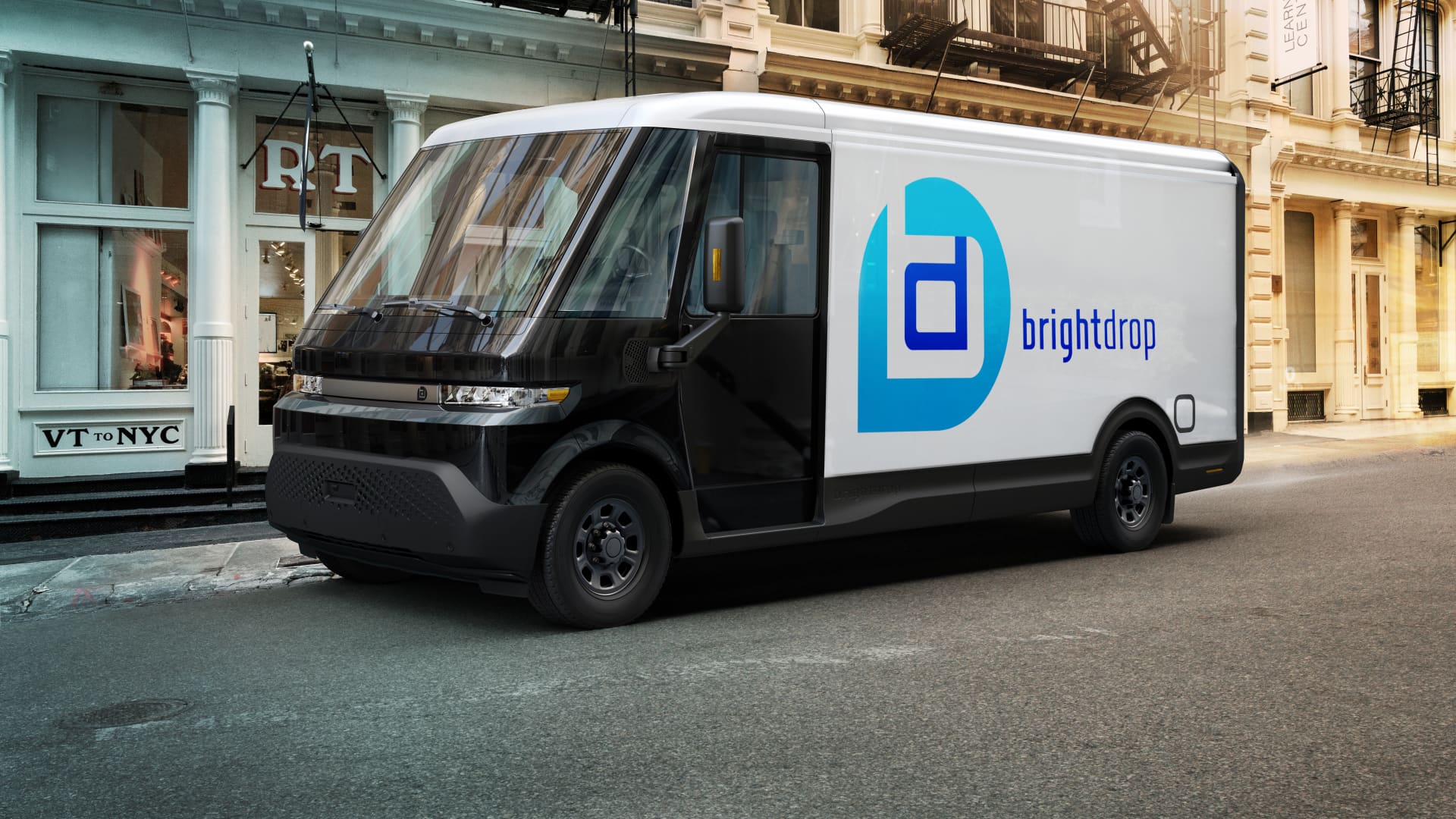
The Shifting Sands of the EV Market: GM’s Canadian Plant Idling Highlights Industry Challenges
The electric vehicle (EV) revolution is often portrayed as a relentless march towards a greener future. However, the reality is far more nuanced, a complex interplay of technological advancements, consumer demand, and economic realities. Recent news from General Motors serves as a stark reminder of the volatility inherent in this rapidly evolving landscape. GM’s decision to cut production and idle its Canadian plant responsible for manufacturing BrightDrop electric delivery vans underscores the unpredictable nature of the EV market and highlights the challenges faced by even industry giants.
The primary reason cited for this significant shift is “market demand.” While the long-term potential for EVs is undeniable, the immediate market dynamics are proving more complex than initially anticipated. Several factors likely contribute to this current slowdown. Firstly, the initial surge in EV adoption, fueled by government incentives and environmental concerns, may be leveling off as consumers grapple with the higher upfront costs compared to traditional gasoline-powered vehicles.
Secondly, the charging infrastructure remains a significant hurdle. The lack of widespread, reliable, and convenient charging stations continues to deter many potential buyers, particularly those living in rural areas or lacking access to home charging solutions. This infrastructure deficit creates range anxiety, a crucial factor influencing consumer purchasing decisions.
Thirdly, the global economic climate plays a significant role. Inflation, rising interest rates, and economic uncertainty are impacting consumer spending across the board, and the relatively high price point of EVs makes them particularly vulnerable to these economic headwinds. Consumers may be delaying large purchases like new vehicles until economic conditions improve.
Furthermore, the competitive landscape is intensely fierce. Numerous established automakers and new entrants are vying for market share, leading to increased competition and potentially impacting sales forecasts. This intense competition necessitates a careful evaluation of production capacity and resource allocation to ensure profitability and sustainability.
GM’s decision to idle the Canadian plant should not be interpreted as a sign of failure for the EV sector as a whole. Instead, it reflects the need for strategic adjustments in the face of evolving market realities. The company is likely recalibrating its production strategy to align with actual demand, avoiding overproduction and potential losses. This proactive approach demonstrates a commitment to long-term viability in a market that requires flexibility and adaptability.
This event also raises crucial questions about the long-term viability of EV manufacturing plants and the need for government support to foster a robust and sustainable EV ecosystem. Incentives that address both consumer demand and infrastructure development are crucial to navigating the challenges and realizing the full potential of the EV revolution. The success of electric vehicles relies not only on technological innovation but also on a comprehensive strategy encompassing consumer affordability, charging infrastructure, and a stable economic environment. GM’s strategic move underscores this complex reality and serves as a valuable lesson for the industry as a whole. The future of EVs is bright, but the path to get there requires a pragmatic and adaptable approach.



Leave a Reply